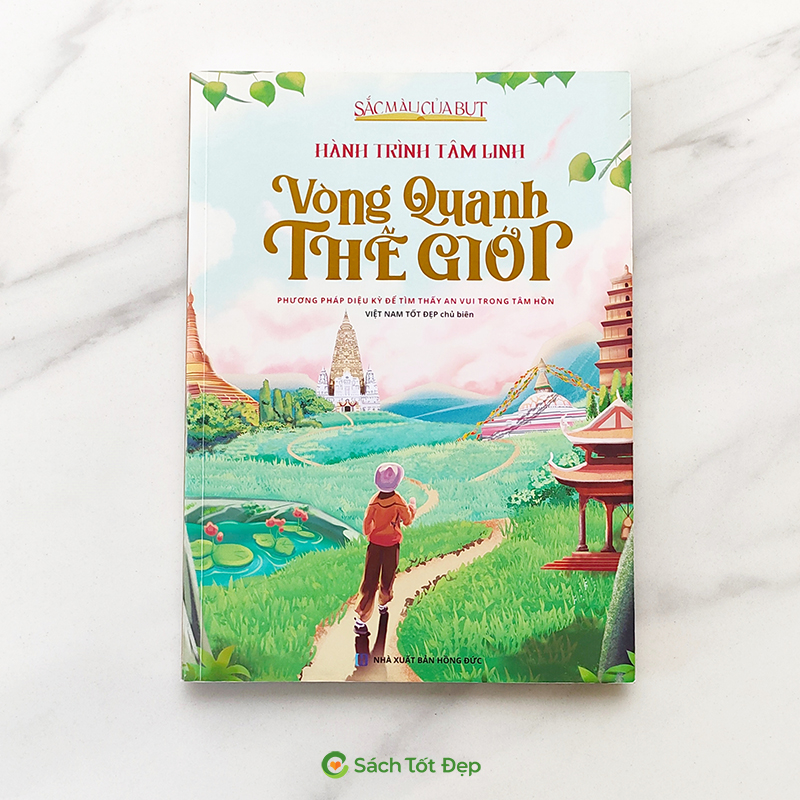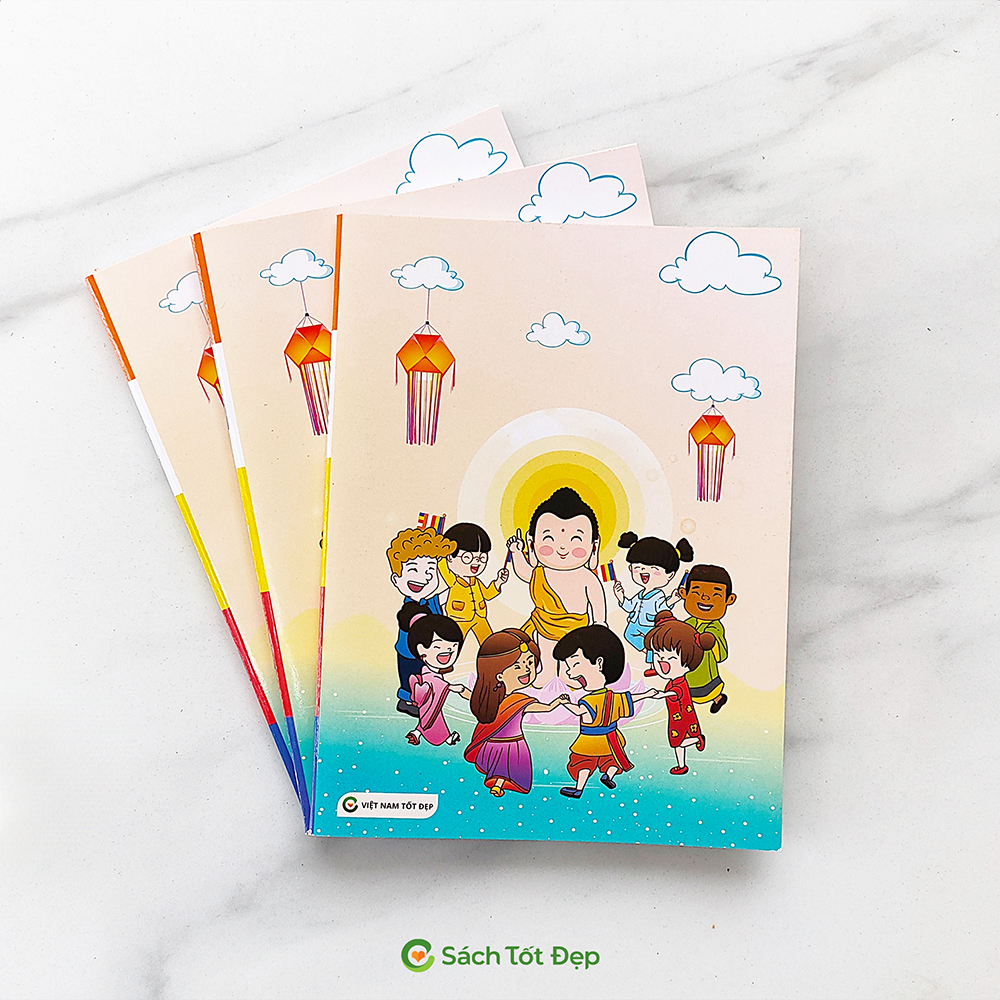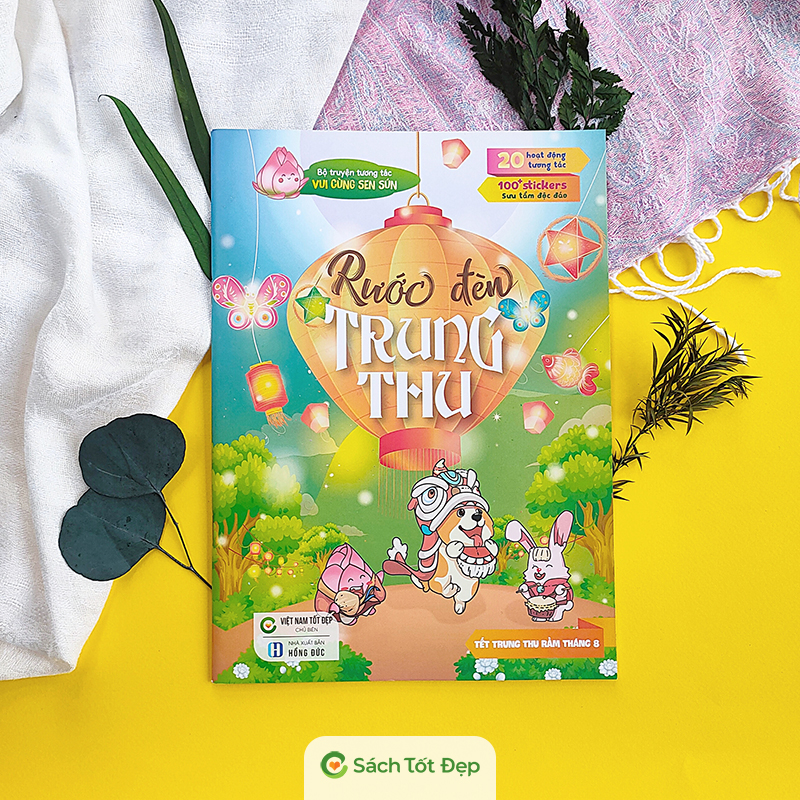Embracing Dharma for a Fulfilling Life
One who takes the Dharma as a standard is someone who regards the Buddha’s teachings as important and as a guide for their actions. When undertaking any task, such a person always considers whether it aligns with the Buddha’s teachings, whether it adheres to the right path, and whether it follows the principles of karma.
On the other hand, the praise and criticism of worldly people belong to the world, while the duty of one who upholds the Dharma as a standard is to live and act according to the teachings. For instance, when we offer alms to the poor, and someone tells us that the poverty of others is their own karma, and our act of almsgiving interferes with their karma, we should be cautious. If we heed such words and become discouraged from making offerings, we are living by worldly standards. For someone who lives by the Dharma, they will contemplate and consider whether what others say aligns with the Dharma and only engage in actions in line with righteous Dharma. It is true that each person’s poverty is their own karma, but the act of helping is our own duty. If everyone believes that each person bears their own karma, then why did the Buddha appear? Why did the enlightened beings manifest? Why did the Buddha expound the Dharma? According to the law of karma, each person indeed bears their own karma, but fortunately, the Buddha appeared in this world to guide us toward a better life and to help us transform our own karma through practice.

The Buddha does not make us happy, nor does the Buddha make us suffer. Instead, the Buddha shows us the path to both suffering and happiness. The choice of which path to take is up to us. Similarly, a person who is suffering, ill, or poor is experiencing the results of their own karma. When we help them, it is because we have the karmic affinity to assist them. Through this affinity, we can introduce them to the righteous Dharma, enabling them to gradually transform from a path of suffering to one of happiness. Helping others in this way brings numerous benefits to both ourselves and the individuals we assist. Therefore, we should diligently practice and not get entangled in the worldly praise or criticism of others.
One who upholds the Dharma as a standard should skillfully examine whether issues align with the Dharma and always act in accordance with the Buddha’s teachings. For example, if today we go to the temple, and someone speaks ill of us, saying, “”What is that person doing at the temple, dressed in ceremonial attire, pretending to be virtuous!”” If we live by worldly standards, we may engage in arguments with that person, saying, “”Why do you accuse me of hypocrisy just because I’m like this?”” However, someone who upholds the Dharma as a standard knows that what others say is their concern, and whether they are genuine or hypocritical, one can determine for oneself. If, because of a worldly comment, we refrain from going to the temple and abandon the path to inner peace and happiness, we are the ones at a loss. Even our own thoughts should not be hastily believed; we should assess whether our thoughts align with the righteous Dharma and the Buddha’s teachings. In some cases, our understanding may not be firm enough, so it is advisable to seek guidance from a venerable teacher or our spiritual mentor because there are tasks that we can either undertake with great effort or omit with regret.
(phatgiao.org.vn)
Good Books – Buddha’s Books for Children

Sản phẩm bạn có thể quan tâm

The Colors of Buddha: A Spiritual Journey Around the World
Coloring book
135.000đ

Tot Dep Notebook 96-pages
Warning: Undefined array key 0 in /home/totdepc/public_html/sach/wp-content/themes/totdepbookstore/single.php on line 357
Warning: Attempt to read property "name" on null in /home/totdepc/public_html/sach/wp-content/themes/totdepbookstore/single.php on line 357
8.000đ

Let’s play with Sen Sun: Ullambana Festival
Coloring book
28.000đ

Let’s play with Sen Sun: Mid-Autumn Festival
Coloring book
30.000đ





